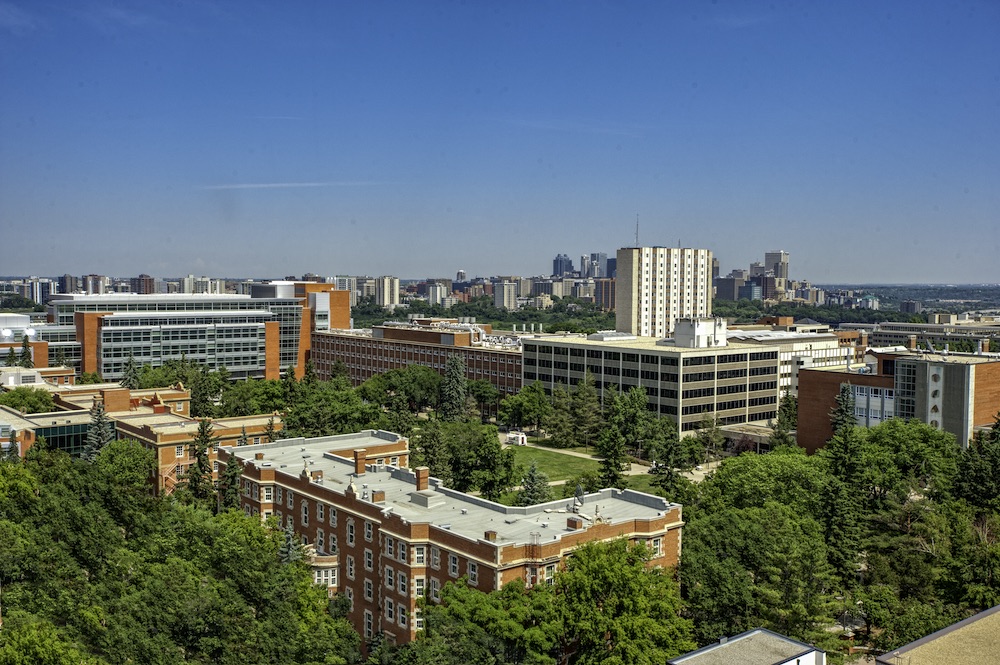Introducing SET & the Academic Restructuring Working Group
Bill Flanagan - 25 June 2020

Over the last few weeks, it has been my great pleasure to meet with many of you through meetings with all the university faculty councils and I look forward to meeting many more of you in the weeks to come. At these meetings, we’ve been able to discuss in more detail the University of Alberta for Tomorrow (UAT) proposal. I have been very encouraged by the feedback to date. Across the university community, there is a strong shared sense of urgency and a genuine openness to thinking differently. The pressures facing the U of A today are significant and we must take urgent action. I’m also hearing a shared sense of optimism about future opportunities if we are successful in our restructuring goals and can reinvest more of our human and financial resources back into the university’s core mission of teaching and research in the years to come.
It is critical that we engage the entire university community in a meaningful discussion about the two major objectives in UAT: academic and administrative restructuring. We are considering all options for a new academic structure for the university that would create economies of scale, reduce administrative cost and further deepen the university’s commitment to interdisciplinary teaching and research. The Service Excellence Transformation (SET) team is focused on making the most of these economies of scale, streamlining processes and increasing efficiency across U of A’s administrative services. The work of both branches will be coordinated and complementary; both must take a pan-university approach to restructuring in order for us to achieve our goals within our ambitious time frame.
At this week’s General Faculties Council, Provost Steven Dew presented proposals about the vision, values, principles, and objectives that will underpin the academic restructuring process. In an important first step, GFC passed a motion endorsing these principles. You can find these principles on the UAT website. At GFC, questions were asked about the makeup and authority of the Academic Restructuring Working Group (ARWG) that the Provost has struck in order to assist him in consulting and developing proposals for restructuring. Steve clarified that the working group is advisory to him and is not a sub-committee of GFC. Instead, ARWG will help shape the proposals for academic restructuring that the Provost will bring to the Academic Planning Committee (APC) of GFC, which in turn will carefully consider the matter and make recommendations to GFC. The whole of GFC will also be regularly consulted throughout this consultation process. The final recommendation on academic restructuring will go before GFC for recommendation to the Board for final approval.
I know that the entire university community wants to see a transparent process of consultation that involves meaningful engagement with all the university’s key stakeholders. I want to reaffirm my commitment to a transparent and engaged process. We are in the very early stages and no decisions have been made. We launched the UAT website a few weeks ago and will regularly update it. This week, in addition to information now posted about academic restructuring, we have also published an FAQ and provided a process for collecting your questions and ideas. We will continually update the FAQ as the process continues. A town hall focused on academic restructuring is planned for early July — please stay tuned for details — and several other opportunities for consultation and engagement will be planned over the course of the summer and fall.
Thank you for your active and thoughtful engagement. There is no doubt that we face significant challenges and that we will have many challenging conversations in the weeks and months ahead. However, I have no doubt that if we are able to come together to rethink and reimagine the U of A for the future, we can place the university in a stable financial position that will enable it to continue to build on its outstanding research and teaching strengths. Together we can seize and reaffirm the central role that the University of Alberta has always played in driving economic growth, innovation, and creativity in the province and beyond.
Bill Flanagan, President-elect